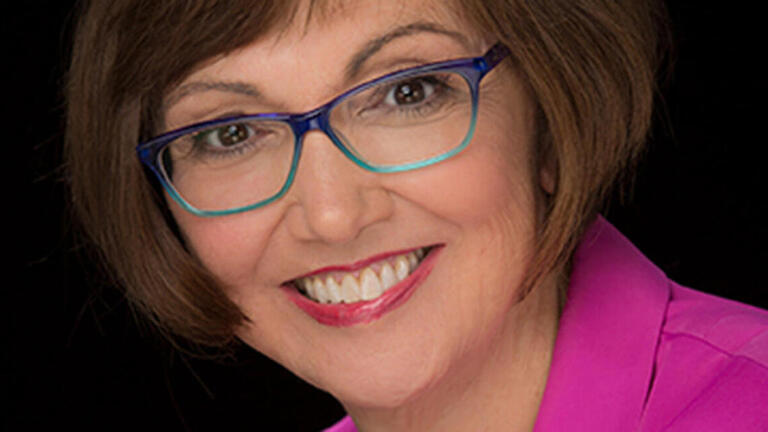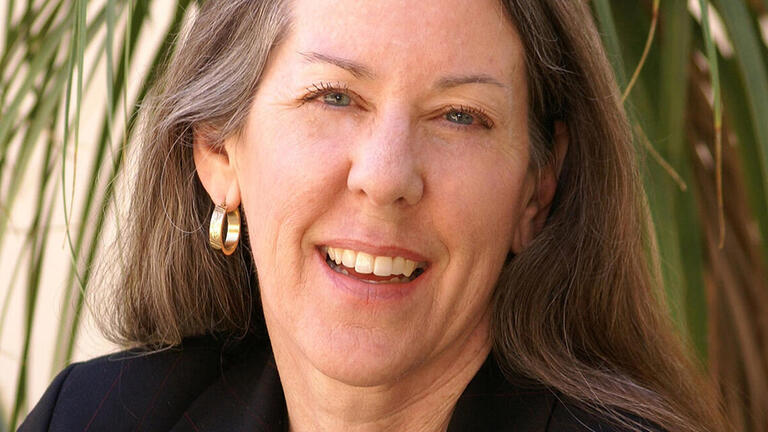Leadership Coaching
Leadership coaching is an effective tool for developing leaders at all levels of an organization. The Leadership Coaching Academy (LCA) intake process pairs a coachee with a coach for tailored help in achieving goals and becoming a more effective leader.
UNLV Leadership Coaching Philosophy
- Coaching is focused on positive growth and professional development.
- The coachee must be dedicated to investing time and effort in their growth and professional development.
- Trust in the coaching relationship is paramount.
- Parameters of confidentiality are clearly established and agreed upon by the coach, coachee, and sponsor
- Coaching should not be punitive or used in place of corrective action, discipline, and/or supervision.
Eligibility
- Employees from any level interested in a professional growth opportunity.
Great candidates include:
- High performers.
- High potentials.
- Employees committed to investing time and effort in their professional growth.
- Someone who is referred by a supervisor or self-referred.
- Anyone seeking neutrality, perspective, discretion, and feedback on how to manage difficult situations
- Anyone who would like to explore their priorities, work-related perceptions, and problem-solving approaches to increase effectiveness and productivity.
Examples:
- An academic faculty member moving to an administrator role.
- A department chair ready to take the next step to become an associate dean.
- An administrative assistant taking on a leadership role for the first time.
- An employee who is being given a special project to prepare to accept a director position.
- A supervisor who is struggling with a difficult direct report or team dynamics.
- A supervisor who has accepted an interim role as a manager.
Become a Coach
This comprehensive coaching course is structured into six dynamic modules, each combining theoretical foundations with practical applications. The curriculum covers everything from the essentials of coaching within a university setting to integrating coaching principles into everyday life, equipping you with the tools to drive performance, growth, and positive change. Training sessions are delivered through a blend of in-person and virtual sessions that offer flexibility and rich interactive learning experiences. At least two hours per week outside of the course for additional study, practice, and application of the concepts is required.
- Spring 2026 Coaching Schedule
- Course Dates, Topics and Delivery Format (all sessions are held on Monday from 9:00 am to 12:00 pm)
- April 20, Session One: Foundations of Coaching in University Environment - In-Person (CSB)
- May 4, Session Two: Developing Core Coaching Skills - Virtual
- May 18, Session Three: Powerful Questioning and Goal Setting - In-Person (CSB)
- Jun 1, Session Four: Coaching for Performance and Career Growth - In-Person (CSB)
- Jun 15, Session Five: Coaching Through Change and Challenges - Virtual
- Jun 29, Module Six: Integrating Coaching into Daily Life- In-Person (CSB)
- Please discuss with your manager and confirm the J.E. process to ensure they approve the cost and attendance. The cost for this course will be $500 through our Journal Entry process. There is a transfer (8100 VT-Out / 8000 VT-In) journal from a self-supporting account (restricted accounts are not allowed).
- Complete the Essentials of Coaching application to help us understand your goals, readiness, and fit for the coach training. We will review your responses; they will be kept confidential.
- We will contact your manager and let you know if you have been selected for this round.
Applications for the Spring 2026 Essentials of Coach Training program are now open. Please email your completed forms to "Please email your completed application form to Brenda Thompson-El
Select a Coach
- The coachee’s needs and goals are assessed and identified during individual meetings between the coach and coachee as well as joint meetings with the coachee and the sponsor (coachee’s manager or supervisor).
- The coach and coachee define actions to meet goals.
- Coach and coachee define success.
- Coach provides coachee with clear written guidance/next steps.
- The coach documents progress the coachee makes towards achieving their goals.
- The coach schedules periodic updates with the sponsor and coachee to discuss progress toward goals.
- Sessions are scheduled in a timeframe and structure that respects the regular workload of the coachee and allows appropriate time for taking action towards goals.
- The coach, coachee, and sponsor engage in a final wrap-up session to discuss outcomes.
- The coachee’s department or unit. Cost varies by coach and the number of sessions needed for success.
Follow the below steps to start your LCP journey:
- The coachee secures approval from their supervisor and confirms that their department can cover the cost.
- The coachee completes the confidential preliminary intake form.
- The Director of Learning & Organizational Development (L&OD) will review coachee’s completed intake form, call the coachee to complete the intake process, and share with the coachee the names and contact information for three potential coaches from the group of UNLV-approved coaches.
- The coachee will have the opportunity to interview all three coaches. The coachee may consider asking these questions.
- What is your coaching philosophy, approach, and style?
- How do you balance confidentiality between coach and client when a sponsor/ supervisor is part of the overall process (not part of each coaching session)?
- What do you do to contribute to establishing trust in a coaching relationship?
- How will you hold me accountable?
- Share with them how you prefer to be coached and how you best learn. Ask how they have worked with others who have had similar preferences?
- Share with them your goals for coaching. Ask how they have helped others who have had similar goals?
- Once a coach is selected, the coachee will meet with the coach and sponsor (their manager/supervisor) to set goals and develop a plan to achieve them. Once the plan is agreed upon by all parties, the coachee’s journey begins!
- The coachee’s department or unit is responsible for covering the cost of coaching. Cost varies by coach and the number of sessions needed for success.
UNLV completed an extensive Request for Proposal (RFP) process to find and select a group of qualified coaches from nationally recognized consulting companies. Expertise, diversity of thought, experience, and culture working in higher education were important to RFP committee members when choosing coaches as well as International Coaching Federation (ICF) or similar credentials. Get to know some of our coaches by checking out their videos.
Dr. Chris Cavanaugh Ed.D, ACC, SPHR, SHRM-SCP, CPT, CPCC
Rhovine Small, M.S.
Michael Smith, Ph.D.
Makesha Spence, Ph.D.
John Fennig, Ph.D., LP
Akshay Sateesh, B.S.E., M.S.E., M.A.

Christine J. Quinn, Ph.D., CTPC, ACC
Curt Wang
